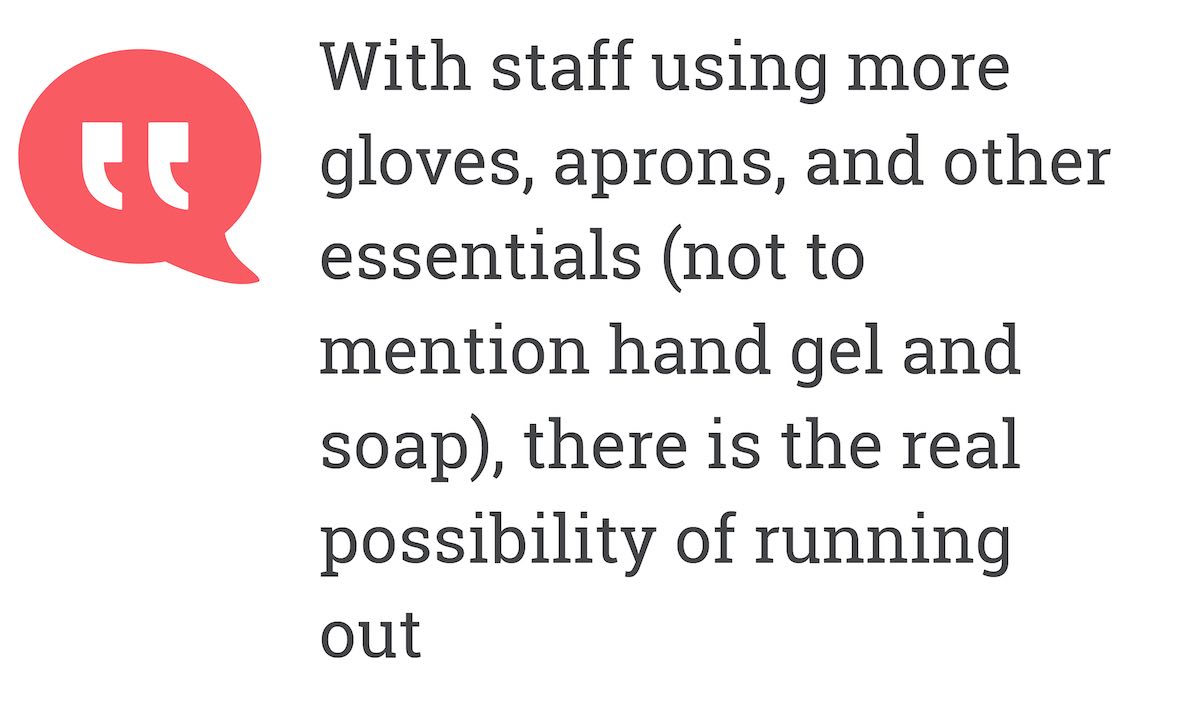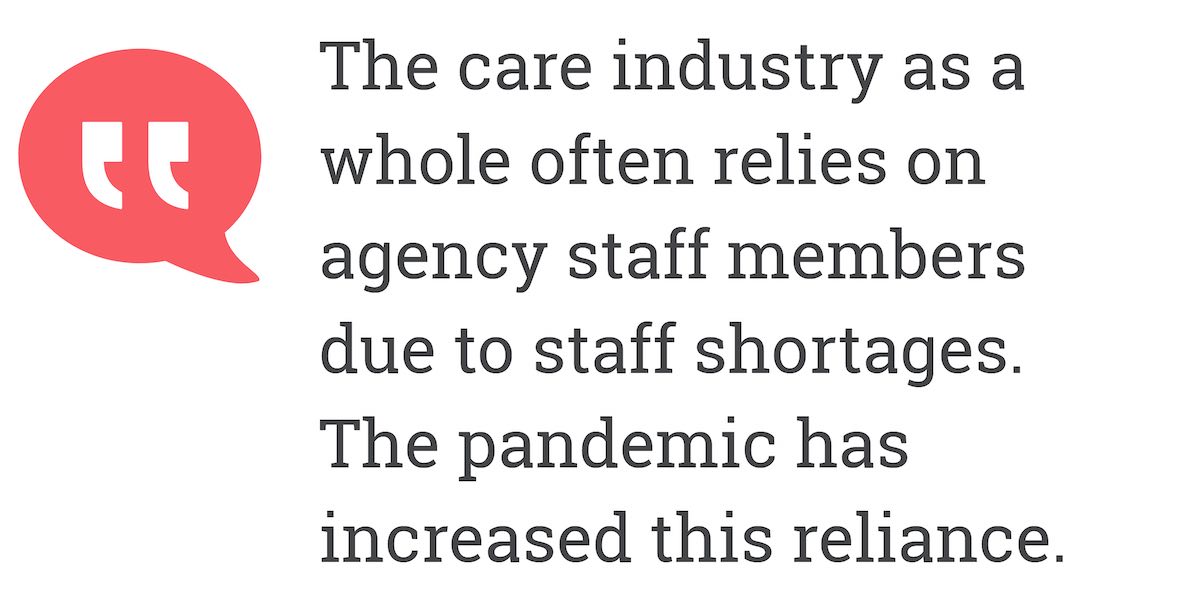- 20 March 2020
- 12 min read
Here's how the Coronavirus outbreak has changed my learning disabilities nursing job
Subscribe “Despite these measures, the home remains a place of optimism and professionalism for the people living there.”
“Despite these measures, the home remains a place of optimism and professionalism for the people living there.”I work in a care home for people with learning disabilities and here's how the Coronavirus outbreak has changed my job.
Topics covered in this article
How Coronavirus has changed the way the home is run
Equipment - fears Coronavirus could cause shortages of PPE
Staffing issues in the care home during Coronavirus
Keeping people we support safe during the Coronavirus outbreak
How we are coping emotionally as nurses on the frontline
How you can help care homes - let's stand together
How Coronavirus has changed the way the home is run
I am a learning disability nurse, working and leading shifts in a small nursing home.
I work with a number of support staff on shift, and together we ensure the safety and well-being of the people who live there.
The coronavirus outbreak has had an effect on our workplace, our practices, and the people who live there.
This article goes through some of the adaptations we have made so that we can continue to give a high level of care.










About this contributor
RNLD (Learning Disability Nurse)
I am a qualified Learning Disability Nurse and Social Worker. I first worked with children who have learning disabilities whilst studying classical civilisation in Leeds. After seven years of working in care, I realised I wanted to take my passion further and qualify at a professional level. I am passionate about giving the people I work with, as much independence as possible.
More by this contributorWant to get involved in the discussion?
Log In Subscribe to comment